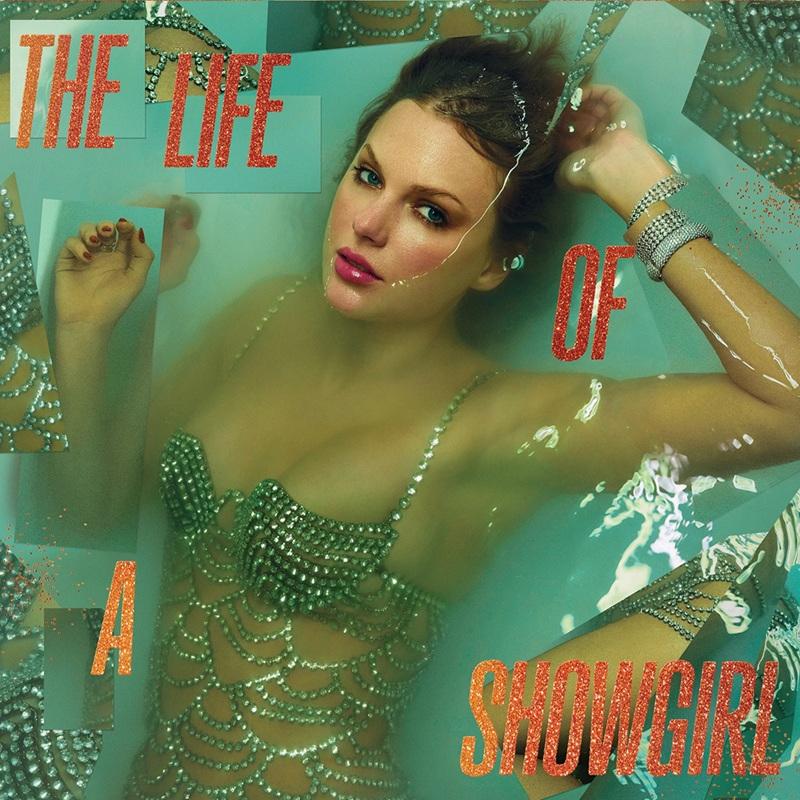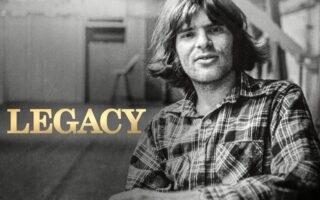

While the production sounds like a mature update to Taylor Swift’s discography, at times the lyrics lack that same quality.
If anyone knows the life of a showgirl, it’s Taylor Swift.
From winning 14 Grammy Awards to achieving the highest grossing concert tour of all time, Swift is a global superstar on the world’s stage.
The Life Of A Showgirl starts strong, with catchy pop opener The Fate of Ophelia making reference to Shakespeare’s Hamlet (in which Ophelia dies from a descent into madness). However, rather than succumbing to her fate, she’s instead saved by her lover (fitting as she recently announced her engagement to fiancé Travis Kelce).
Up next is Elizabeth Taylor; here Taylor Swift uses the legendary actress as a reference to her own celebrity status (she has drawn comparison to Taylor previously, as seen on her Reputation album).
It’s a clever comparison, as the two stars are known for their high profile relationships. Swift uses the imagery of Old Hollywood glamour to showcase the fear of losing her lover and how her life isn’t as glamorous as it seems.
The album reaches a low point halfway through when Swift drops the showgirl symbolism.
Instead she focuses on flex culture on Wi$h Li$t and sexual innuendos regarding her fiancé on Wood.
The latter sounds like a Sabrina Carpenter imitation that unfortunately doesn’t have the same tongue in cheek effect.
Taylor Swift’s catalogue has demonstrated that she is a great songwriter, yet these lyrics come across juvenile. It’s puzzling as to why she chose to include them on the album in the first place.
Actually Romantic, speculated to be a Charli XCX diss, suffers from patronising lyrics and misses the point entirely.
Charli revealed in her song Sympathy Is A Knife that she struggles with insecurity as she can’t keep up with the demands of the industry while making indirect reference to Swift.
Swift mocks these vulnerabilities, clearly aware of her status as the bigger star, and reads as cold and mean in retaliation.
As someone who has previously advocated for women supporting other women in the industry, here she comes across as hypocritical and against her own message.
Swift comes back to the main concept on the closing title-track, The Life Of A Showgirl featuring Sabrina Carpenter (the only guest feature on the album). It’s a sweet track that closes the album well.
Carpenter, who supported Swift on the Era’s tour, sounds great and the ending audio of Swift closing out the tour is a nice way to end the album and this era of her life.
Previous collaborators Max Martin and Shellback produced The Life of A Showgirl (it sounds sonically similar to Swift’s Reputation and 1989 albums). The production is fun and catchy, and complements Swift’s vocals well.
Yet where the production sounds like a mature update to Swift’s discography, sadly at times the lyrics lack that same quality.
Where the album suffers is that the overall theme of the life of a showgirl doesn’t match the album’s content. The marketing material shows Swift dressed as a Vegas showgirl, indicating a level of sexiness and glamour. In theory it’s a great concept, yet it isn’t executed as well as expected.
For Taylor Swift, the album is subpar at best. The songs at the start and end, which have Swift’s authentic voice as a songwriter, are great. The middle tracks, combined with a half-executed concept and aesthetic, let the album down.
The Life Of A Showgirl is a disappointment after a whirlwind high point in her career.










